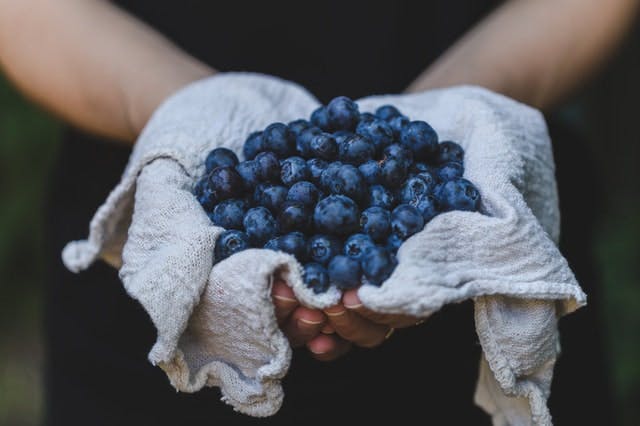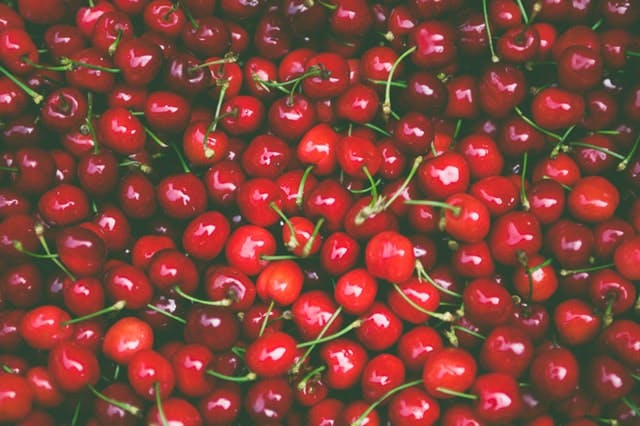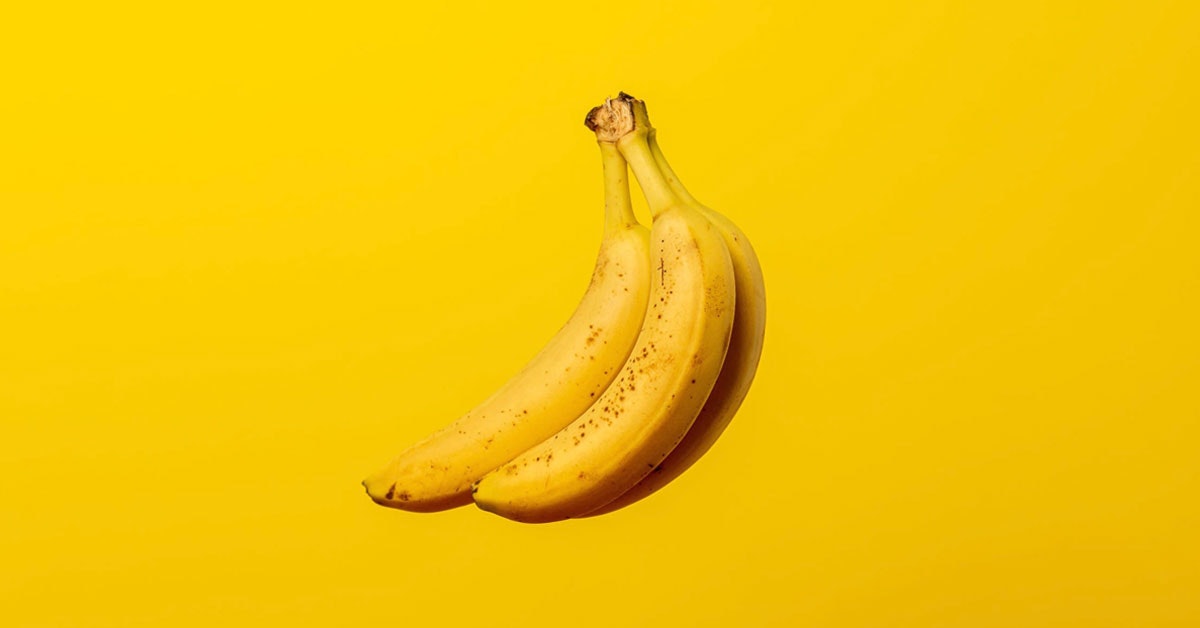Let’s talk about unjuiceable fruits.
With the busy lives that we all live, it is tough to keep track of the fresh fruits and vegetables that we’re consuming on a daily basis.
Thankfully, we have the option to create our own fresh juice to ingest the vitamins, minerals, and increased energy our bodies crave.
If you’re like us, you love experimenting with different types of produce when juicing, but it’s important to note that you can’t juice everything. Whether you’re new to juicing or just starting your own juice business, this list of fruits you can’t juice will be an asset for you.
(You can always blend these ingredients into a puree, which you can then add to your juice for a uniquely tasty flavor and texture. Learn all about adding purees to juice here.)
Note: Get this free Juice Recipe eBook to start making delicious recipes at home!
Every recipe in the 25 Essential Juice Recipes eBook was crafted by Chef Ari Sexner, a world-class juicing expert who is responsible for every tasty blend on Goodnature. Download it for free right here!
Table of Contents:
- Can You Juice Avocados?
- Can You Juice Blueberries?
- Can You Juice Bananas?
- Can You Juice Cherries?
- Can You Juice Mangos?
1. Avocados
Avocados are praised for their high nutrient value and their ability to provide excellent flavor and creaminess to almost any beverage or dish.
They’re rich in Vitamin K, Vitamin C, Folate, Potassium, and so much more! Although we see avocados everywhere these days, they’re not great for everything.
Can You Juice Avocados? No
Since avocados are a creamy consistency and not as juicy as other fruits, it’s hard to extract juice out of them.
Alternative: We recommend you add them into smoothies and other blended drinks, or you can puree them and add to your juices!
2. Blueberries

Blueberries are considered to be a superfruit. They’re a low-calorie fruit that is packed full with key nutrients including dietary fiber (great for the digestive system), vitamins, antioxidants, and minerals.
Although blueberries pack a big punch, it’s hard to get the recommended amounts of their nutrients through the whole fruit themselves (unless you eat a ton of them!), hence, why adding blueberries to smoothies and other beverages are very popular.
Can You Juice Blueberries? Yes, But…
Blueberries have a soft and mushy consistency; because of this, they do not yield much juice. Also, they are expensive, so making a puree and adding to your juice or using their juice in small amounts (to alter the color or add slight flavor), would be much more practical.
Alternative: we recommend blending them first and then adding them to your juice. You can always run them through a fine-mesh strainer before being poured into your juice mixture. Alternatively, they can be added to any smoothie or blended drink for an added punch!
Pro Tip: Freezing fresh berries, then thawing them slightly weakens the plant cells and you can actually get a higher yield, closer to 40%.
3. Bananas
Bananas contain a handful of vital nutrients such as potassium, Vitamin B6, Vitamin C, magnesium, fiber, copper, and more. Since bananas are a sweet, easy, and heart-healthy snack, they’re perfect for breakfasts on the go!
Can You Juice Bananas? No
Bananas aren’t like most juicy fruits that can be juiced successfully with high yield. They don’t contain enough liquid content for them to be pressed into juice. If you’re interested in what a banana looks like when it’s “juiced,” watch this video:
Alternative: We recommend adding them to smoothies and other blended drinks.
4. Cherries

Similar to blueberries, cherries are a superfruit that are filled with fiber, protein, Vitamin A, and Vitamin C. A study by the University of Michigan discovered the antioxidants that are in cherries make it into the human bloodstream and boost antioxidant activity, which can protect against heart disease and other common illnesses.
Can You Juice Cherries? Yes, but…
Like blueberries, cherries have a soft, mushy consistency, so it takes a lot of cherries to make just one glass of juice. The main reason people tend not to juice cherries is because they need to be deseeded before being juiced.
Alternative: You can add cherries to smoothies and other blended drinks or use a small amount of their juice in your juice recipe.
5. Mangos
According to Healthline, in various parts of the world, mango is considered to be the “king of fruits.” Many studies link mangoes to improved immunity, digestive health, eyesight, and lowering the risk of cancers. No wonder it’s a staple in many South American, Asian, and Indian cultures!
Can You Juice Mango? No
Mangos are a very mushy fruit that are not optimal for juicing.
Alternative: Frozen mangoes are perfect for smoothies and add a great creamy flavor. If you’re looking for some type of thick, mango juice-like beverage, we recommend using a blender to puree the mangos, which you can then add to any juice. This also works well for papayas.
Wrapping Up Fruits You Can’t Juice
Juicing is a great way to boost your health, increase your nutrient intake, and reset your body. Instead of carrying around a lunch box full of whole fruits to eat during the day, you can drink delicious cold-pressed fruit juice with all of your favorite fresh fruits.
If you’re experimenting with your own juice recipes at home or looking to start your own juice business, our blog has a bunch of recipes, resources, and tips for you!
Or, grab the free eBook below for 25 Essential Recipes crafted by Chef Ari Sexner.
Comments
Can blackberries be ran through a juicer?
We recommend pureeing berries, then adding to juice, you can learn more in this article here: https://www.goodnature.com/blog/pureed-fruit-fresh-juice-recipes
Thank you for the information!! I almost put my banana in my juicer!
Mango is a juicy fruit. Isn't it???
Hi! Yes, mango is considered a mushy/juicy fruit. This article only mentions a few things that shouldn't be juiced as they are the more commonly used, but here is a link to a great article on press overflow and ingredients on the mushy spectrum that is very helpful when juicing.
https://www.goodnature.com/blog/cold-press-technique-avoiding-press-overflow/
I just want to comment that blueberries have a very high amount of pectine. You can juice them, but storing is not an option unless you want to drink jelly. Also, I believe mango beverages are quite common around the world. IDK 😜
Hi Mr. Delegado,
Thank you for your comment. Our juice recipes with blueberries last the recommended 3-5 days (and sometimes up to 7 depending on other factors) in the refrigerator when juiced with our machines (and they do not turn the juice to jelly!) Maybe if you were juicing straight blueberries you might have an issue? As far as mango beverages go, we agree that they are very popular! Typically people use blenders to make mango "juice", as we mentioned in our article.

Comment